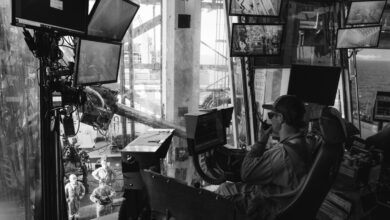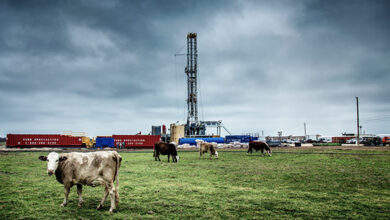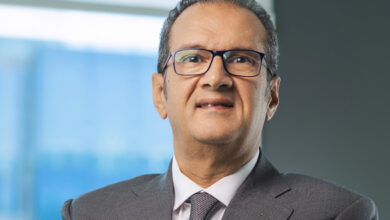NOSAC seeks member representing offshore industry
The US Coast Guard is requesting applications from qualified candidates seeking consideration for appointment as members to the National Offshore Safety Advisory Committee (NOSAC). NOSAC advises the Secretary of the Department of Homeland Security on matters and actions concerning activities directly involved with or in support of the exploration of offshore energy resources as related to matters within Coast Guard jurisdiction. The Coast Guard is specifically seeking one member representing companies engaged in offshore drilling; this position will become available on 31 January 2014. NOSAC meets twice a year: April in New Orleans, La., and November in Houston.
Applicants should submit a cover letter and resume to Scott Hartley, NOSAC’s Alternate Designated Federal Officer, at scott.e.hartley@uscg.mil no later than 24 May.
Other positions that will become vacant in January 2014 are:
• One member representing companies, organizations, enterprises or similar entities engaged in the production of petroleum;
• One member representing companies, organizations, enterprises or similar entities engaged in the support, by offshore supply vessels or other vessels, of offshore operations;
• One member representing companies, organizations, enterprises or similar entities providing safety and training services to the offshore industry;
• One member representing companies, organizations, enterprises or similar entities providing environmental protection, compliance or response services to the offshore industry; and
• One member representing companies, organizations, enterprises or similar entities engaged in offshore oil exploration and production of the Outer Continental Shelf of Alaska.
To be eligible, applicants for these positions must be employed by companies, organizations, enterprises or similar entities, have expertise, knowledge and experience regarding the technology, equipment and techniques that are used or are being developed for use in the exploration for and recovery of offshore mineral resources.
Registered lobbyists are not eligible to serve on federal advisory committees.
For more information, contact Scott Hartley at +1-202-372-1437 or Commander Rob Smith, NOSAC Designated Federal Officer, at +1-202-372-1410.




